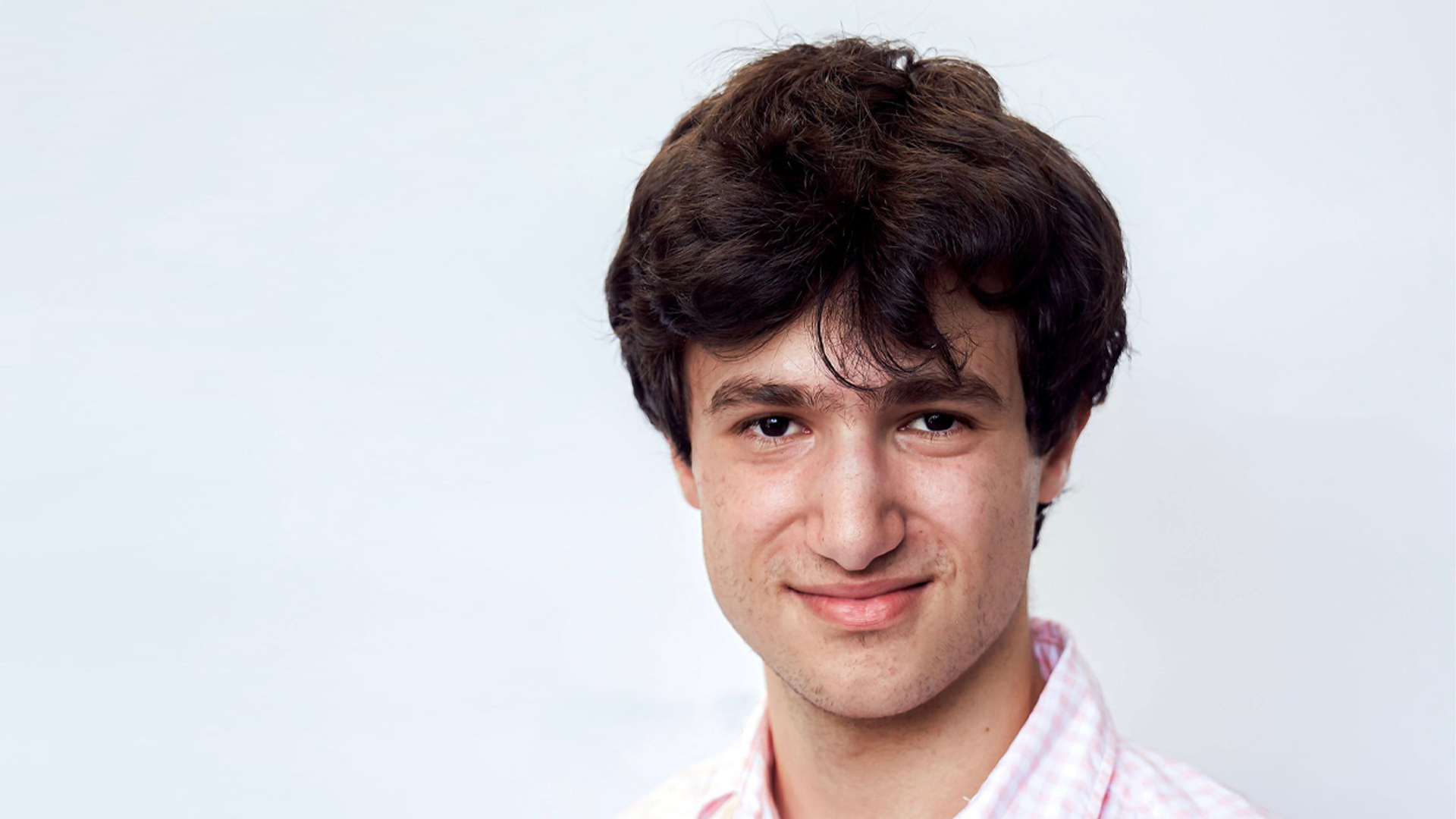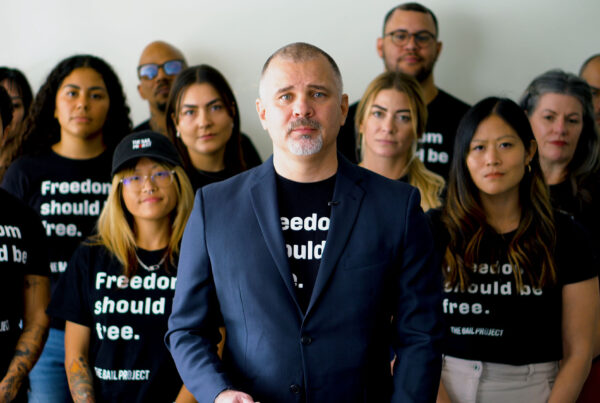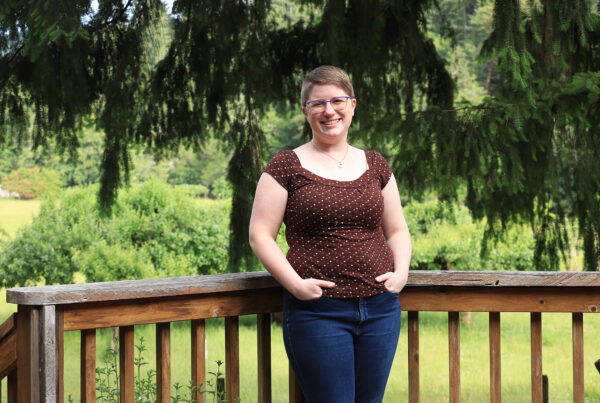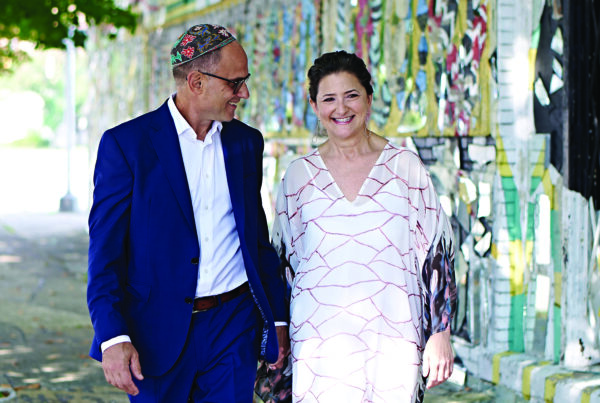It takes a village to effect real change. At The Bail Project, we witness the power of community every day. Community is vital to our work, from our brave bail disruptors on the ground to our generous supporters nationwide. Getting your community involved is one of the most effective ways to help an organization.
You’ve probably heard the term peer-to-peer fundraising—also known as P2P fundraising. You’ve probably even seen P2P campaigns peppered across your social media feeds—those requests for donations we often get from friends and family raising funds for their favorite charities to celebrate their birthdays. Or campaigns calling for urgent support in a community via sites like GoFundMe.
A peer-to-peer campaign can be as simple as starting a fundraiser for something important to you and asking everyone you know to support it. Many peer-to-peer campaigns can raise hundreds and even thousands of dollars, and are one of the best ways to make an immediate impact in a big way. In 2020, the top US peer-to-peer programs brought nearly $1 billion for their charities.
As a high school student, seventeen-year-old Ali knew starting his own fundraiser was the best way to make the most significant impact.
“Once I learned of the inequities of the bail system in our country, I was determined to find a way to help. I did some research online and found The Bail Project, which I felt was a serious and impactful organization helping so many people unable to afford bail. I’m really glad that I was able to do my part through this amazing organization.”
Ali raised over $3,000 for The Bail Project by involving his network of friends, classmates, family, and community members.
Every day, Bail Project supporters are getting their communities involved in helping to end cash bail. Not only does creating your own fundraising campaign help you generate more donations for the cause you love, but it also helps inform others of The Bail Project’s critical mission and gets your community involved in making a difference.
By supporting The Bail Project through peer fundraising, you and your community are changing thousands of lives in communities across the US. And we make it easy to start your own fundraiser. We provide everything you need to get your campaign up and running and ready to accept donations in just a few minutes.
With the holiday season just around the corner, now is the perfect time to rally the support of your community to directly impact the lives of people trapped in pretrial incarceration.
Have questions about peer-to-peer fundraising or need help getting started? Reach out to The Bail Project development team today!
Thank you for reading. The Bail Project is a 501(c)(3) nonprofit organization that is only able to provide direct services and sustain systems change work through donations from people like you. If you found value in this article, please consider supporting our work today.











